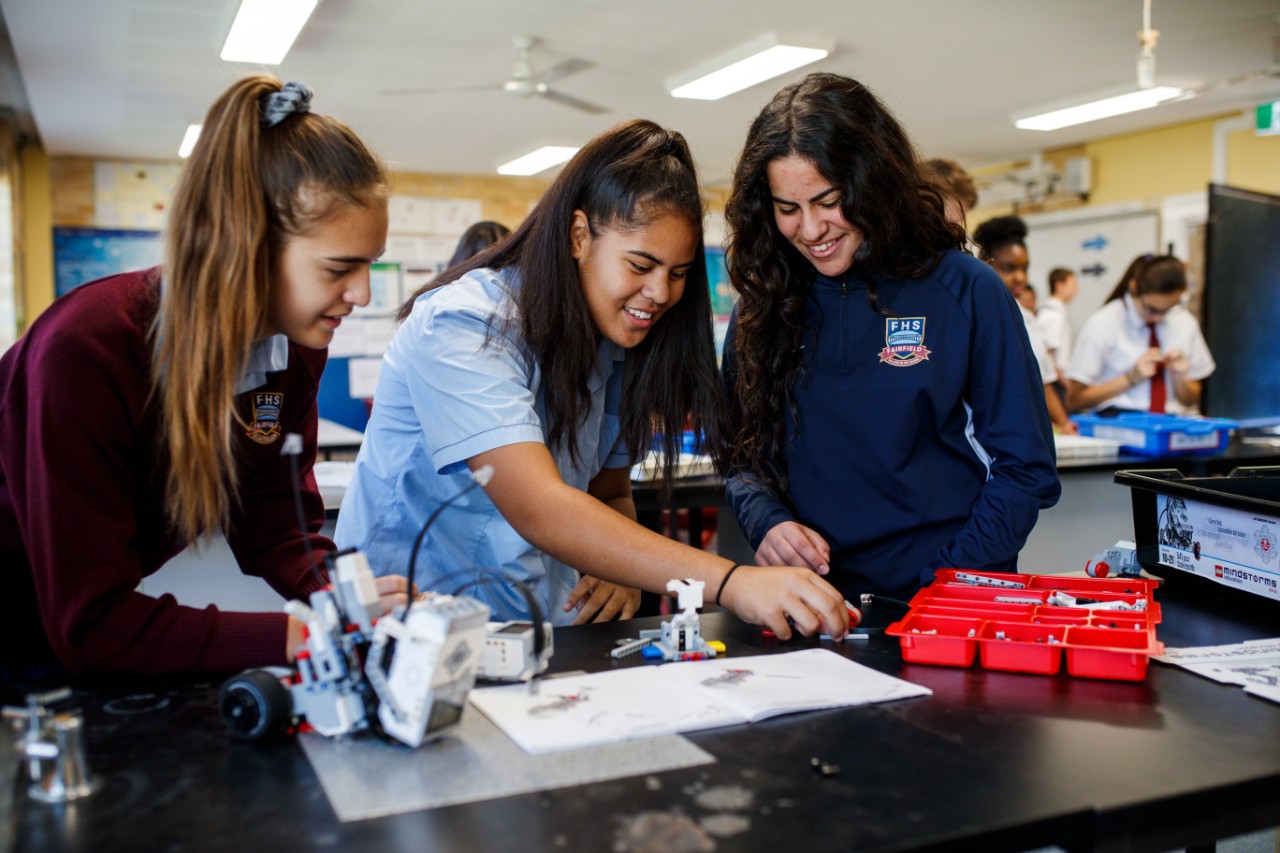years-removal
About emotions and emotion regulation
Supporting students to develop emotion regulation skills is important for many aspects of their lives including their learning, interpersonal relationships and for their own social and emotional wellbeing. Students with disability often need extra support with understanding and regulating their emotions. As a teacher, School Learning Support Officer (SLSO), Aboriginal SLSO or Aboriginal Education Officer (AEO) you can help support all students to develop these skills.
Emotion regulation involves recognising, managing and expressing emotions in adaptive ways, and allows students to learn, socialise and engage in daily activities. Supporting students to develop emotion regulation strategies helps build their resilience and coping skills, giving them the resources to cope and succeed when faced with challenges. Resilience also helps to protect students from low mood, anxiety and other mental health problems that can arise during adolescence.
Students with disability often need extra support and time to learn emotion regulation skills. Some students (such as students on the autism spectrum, with intellectual disability, or with oppositional defiant disorder) will find it hard to identify emotions and behave in socially appropriate ways. They may experience more outbursts, defiance and other behaviours of concern which may be caused by difficulties with emotion regulation.
Some students develop emotion regulation and resilience more independently, while others may need extra support to learn these skills. With the appropriate support students can learn to manage their emotions and develop into resilient young adults.



School Excellence Framework alignment
Wellbeing, Effective classroom practice
Australian Professional Standards for Teachers alignment
Standard 1: Know students and how they learn
Audience
Secondary teachers
Purpose
This resource includes a range of strategies for teachers to support students with emotion regulation. Including: Evidence-based practice, best practice tips and other considerations.
Reviewed
November 2021. Share your feedback here
<style> .gel-tabs__group{ display:none; } *.gel-tabs *.tabs__list{ display: none; } *.gel-form{ display: none; } *.cmp-contentfragment__title{ display: none; } *.cmp-contentfragment__element-title{ display: none; } </style>